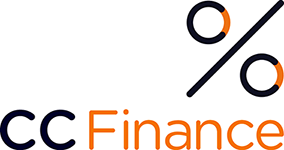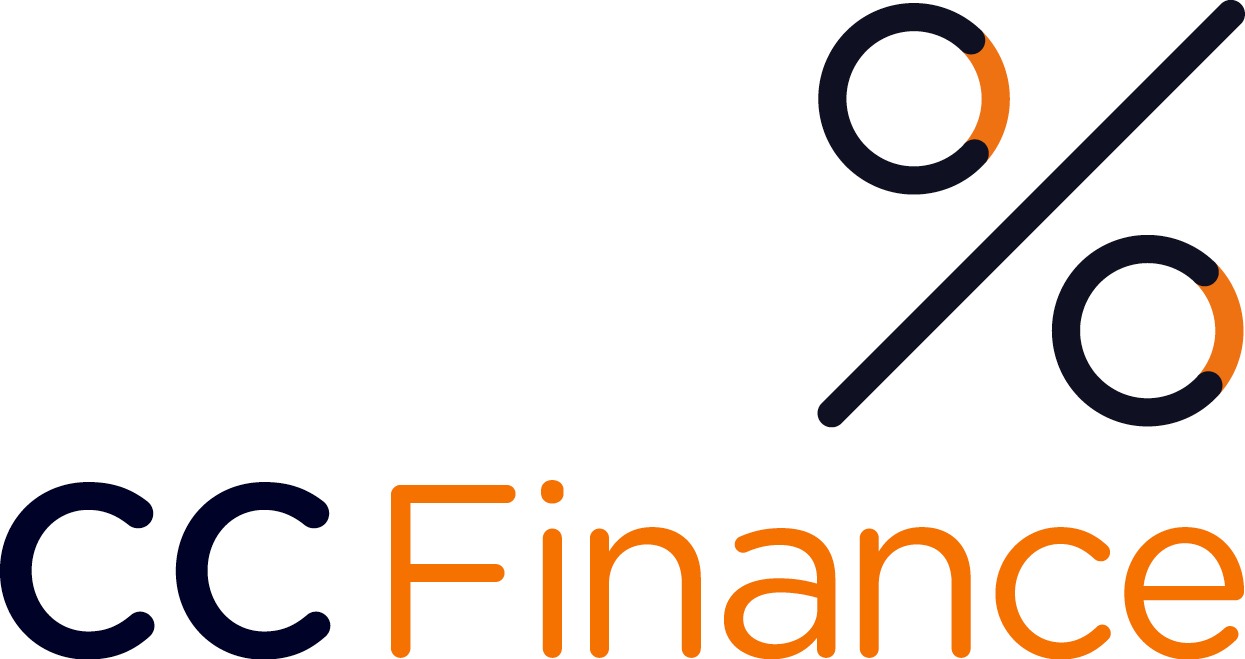Whether you run a bakery, instal plumbing and heating, pull teeth or trade computers: You will likely require business finance at some stage.
To manage the day-to-day business and your working capital, sufficient cash needs to be available at the right time to cover liabilities and generate revenue. In fact, it is mostly lack of cash that jeopardises businesses, rather than lack of profitability.
When expanding a business funding enables you to take the next step: from buying new equipment, exporting or importing to acquiring another trading business.
How Business Finance Works
To provide funding to a business, lenders will assess a borrower’s proposal against their own lending criteria. These can differ substantially between lenders, and are tightly aligned with interest rates and lending conditions.
In principle, lenders provide finance to a business based on their risk perception of that business’ past trading, its leaders and its market environment. What ultimately drives a lender’s decision is whether a business can actually afford to pay back a loan.
Depending on the type of business finance, borrowing can be secured against an asset, or unsecured. Even when providing unsecured loans, some lenders will require a floating charge, Personal Guarantee and or a debenture.
Among the most widely used assets for securing finance are commercial property, machinery and equipment (asset finance), the debtor book (invoice finance), or an export letter of credit (trade finance).
Ready to find out what the business finance market has in store for your particular project?


